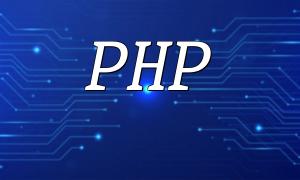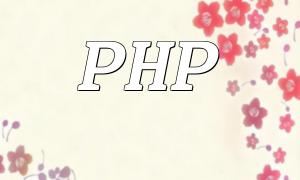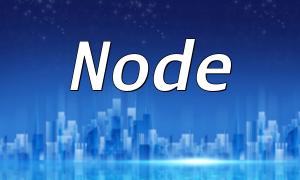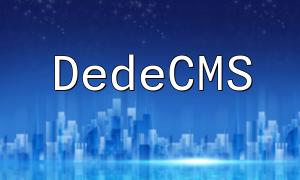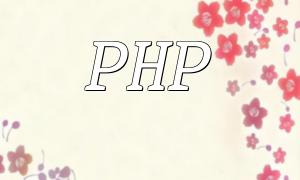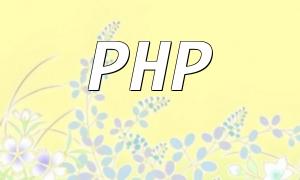With the rise of the internet and the proliferation of mobile devices, multi-user e-commerce systems are becoming increasingly common. Consumers expect to shop conveniently from anywhere, making it crucial to develop an efficient, secure, and user-friendly e-commerce platform. When it comes to building such systems, choosing the right programming language is vital. While languages like JAVA and Python are often used, PHP has become the preferred choice for many developers due to its simplicity, flexibility, and efficiency. This article will discuss why PHP is an excellent choice for multi-user e-commerce systems.
PHP is an open-source scripting language that has become one of the dominant languages in web development. It is easy to learn, has a vast repository of open-source resources, and offers high development efficiency. Compared to other languages like JAVA and Python, PHP integrates seamlessly with web servers, making it particularly suited for quickly building large-scale web applications.
Here is a simple example of PHP code:
<?php echo "Hello, World!"; ?>
PHP benefits from a highly active community and a wealth of open-source libraries and frameworks. Developers can take advantage of well-established frameworks like Laravel, Yii, and CodeIgniter, which offer robust, secure, and scalable tools for building e-commerce systems. In contrast, the open-source ecosystem of JAVA and Python, while growing, does not yet match PHP's in terms of community support and available resources.
Here’s an example of a simple route in Laravel:
Route::get('/', function () {
return view('welcome');
});
PHP is not only known for its simple syntax but also for its fast execution speed, which enables it to handle large volumes of data efficiently. Additionally, PHP supports a variety of extensions like memcached, redis, and swoole, which can significantly boost the performance and scalability of an application. These extensions enhance the system's stability and security, making PHP a powerful choice for building high-performance, multi-user e-commerce systems.
Below is an example using the Swoole extension:
// Example using swoole extension to create a server
$serv = new swoole_server("127.0.0.1", 9501);
$serv->on('connect', function ($serv, $fd) {
echo "Client: Connect.\n";
});
$serv->start();
Let's look at an example of a multi-user e-commerce system developed in PHP to better understand how PHP is used in this context.
The technical architecture of the system is as follows:
The key features of the multi-user e-commerce system include:
Below is an example PHP class that demonstrates how to interact with a MySQL database:
class Product extends Model {
protected $fillable = [
'name', 'category_id', 'price', 'description', 'created_by'
];
public function category() {
return $this->belongsTo(Category::class);
}
}
$product = new Product;
$product->name = 'Huawei P40 Pro';
$product->category_id = '1';
$product->price = '6588';
$product->description = 'This is a high-end smartphone.';
$product->created_by = 1;
$product->save();
PHP, with its simple syntax, high performance, and extensive open-source ecosystem, proves to be an ideal choice for developing multi-user e-commerce systems. While other programming languages may also be suitable, PHP offers distinct advantages in terms of development speed, available frameworks, and scalability, making it a powerful language for building e-commerce platforms.
